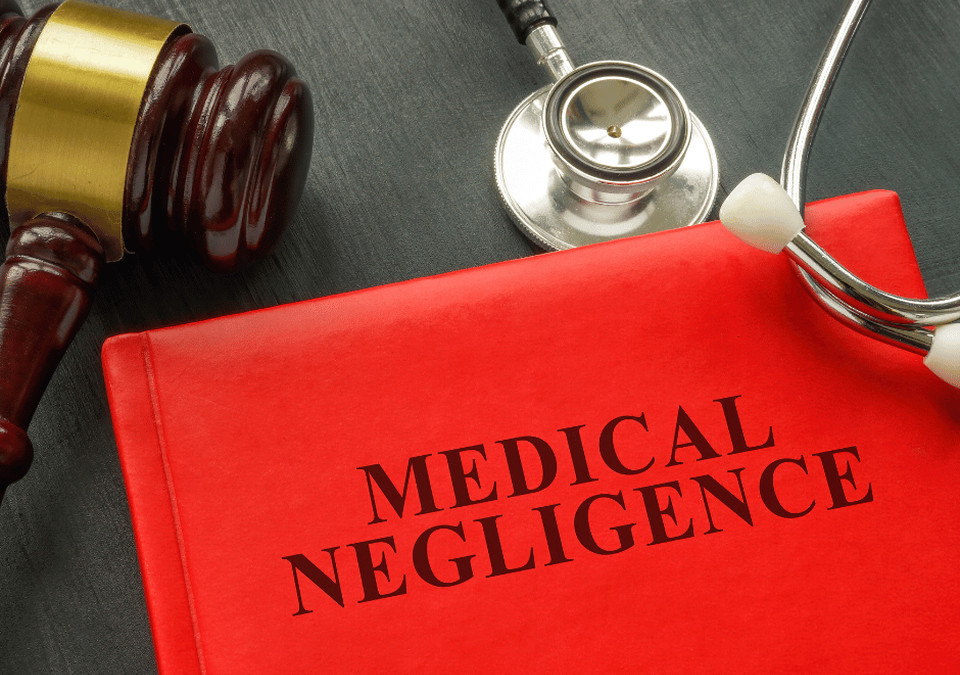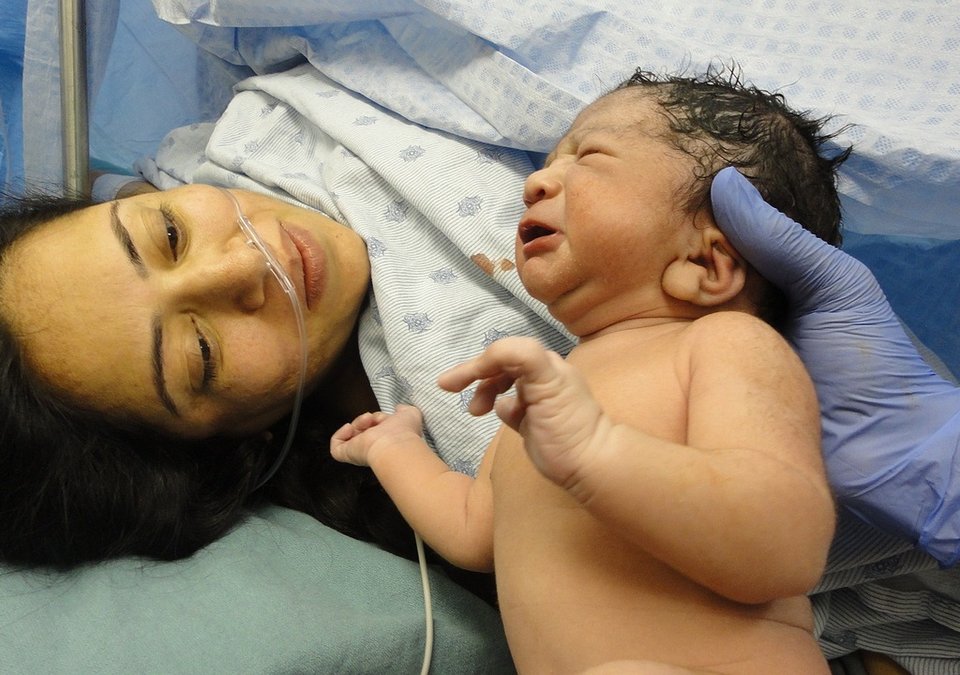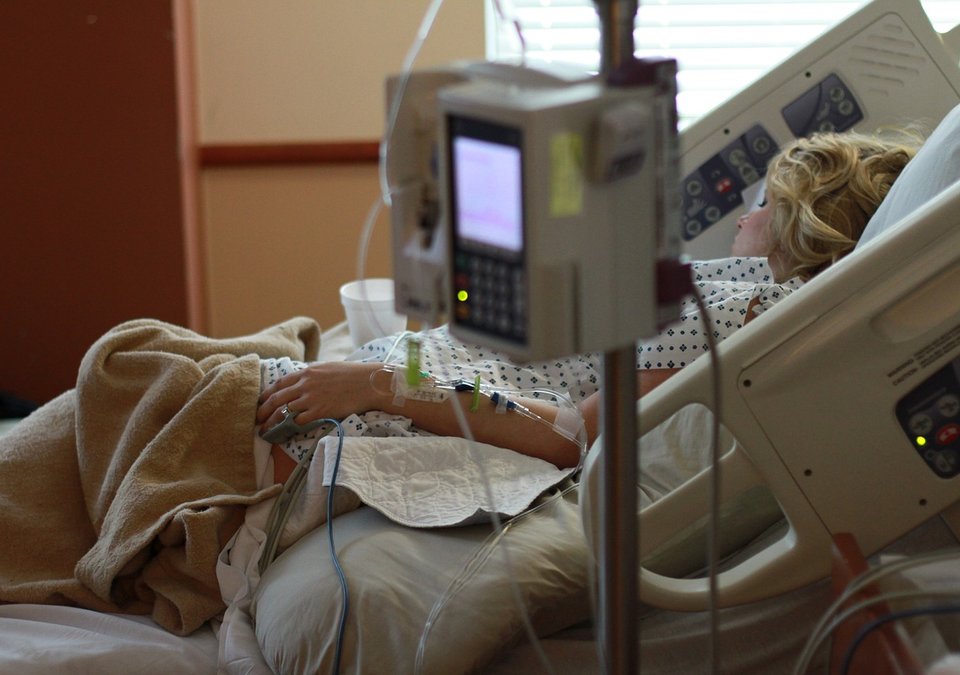Breach of Duty
Next, you need to prove that the medical professional breached their duty of care towards you. A medical professional could be considered to have acted negligently if the care they provided failed to meet the expected standard of a reasonably competent doctor in the same field of medicine.
Causation
In medical negligence cases, causation refers to the cause of the illness or injury. This can be tricky to prove, as even if the medical professional admits to acting negligently and breaching their duty, the illness or injury could still have occurred.
For your medical negligence claim to succeed, it needs to be proved that your illness or injury was the result of the action (or lack of action) of the medical professional(s) entrusted with your care.
Damage
To be awarded compensation for your medical negligence claim, it needs to be established that you suffered damage as a result of the negligence.
Damages that are incurred due to medical negligence need to be specific in order to be awarded compensation for them. For example, emotional upset isn’t recognised as a reason for damages to be awarded. However, the diagnosis of a recognised condition such as post-traumatic stress disorder (PTSD) could result in damages being awarded.
When deciding the amount of compensation to be awarded, the physical injury, psychiatric injury, and financial losses you incurred due to the negligent action will be taken into account.
Evidence
Our team will work closely with you to gather evidence that supports your claim and ensures the above criteria are met. This will include gathering your medical records, gaining expert opinions, assessing evidence of the financial costs you have already paid out.









